At the recent conference on international treaties and free trade agreements in the Central Highlands and Central Vietnam provinces organized by the National Assembly's Foreign Affairs Committee in Da Nang City, former Deputy Minister of Industry and Trade Tran Quoc Khanh - Former Head of the Government's negotiation delegation on international economics and trade made comments on the slowdown, even a decline, of the globalization process and recommendations for Vietnam to develop sustainably in international economic integration.
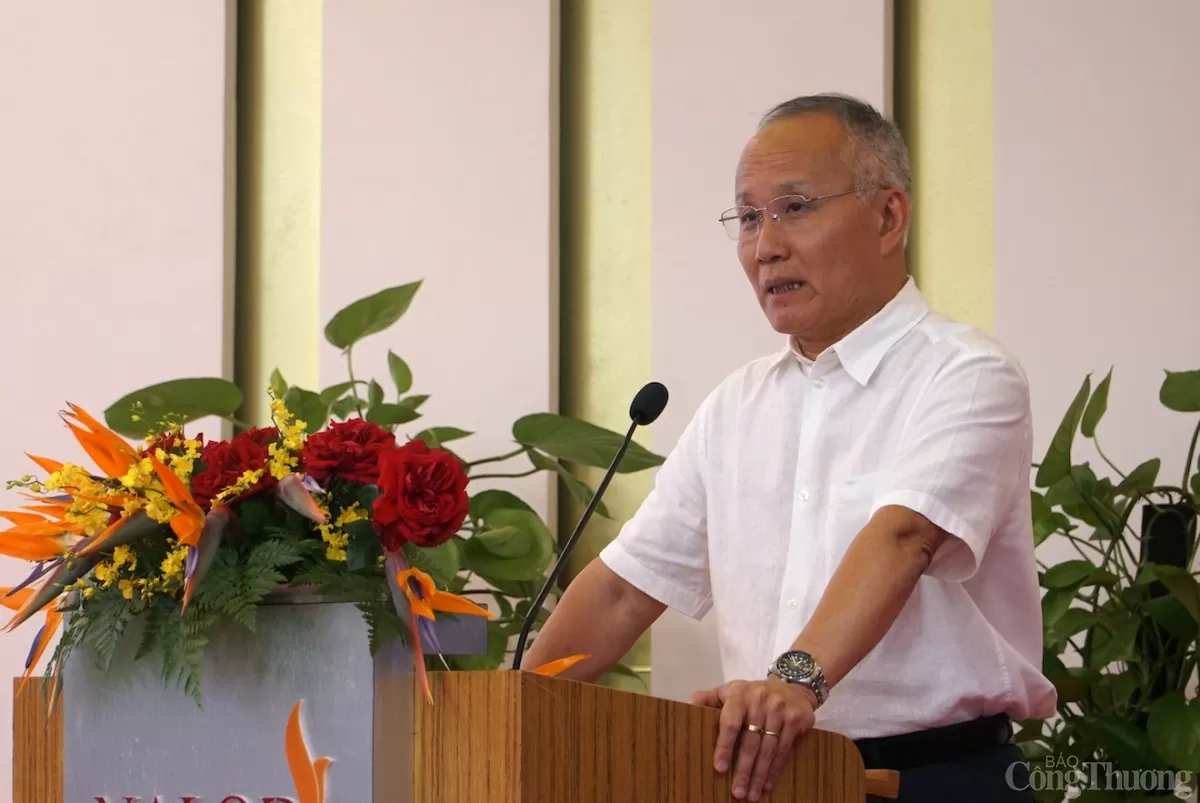 |
| Former Deputy Minister of Industry and Trade Tran Quoc Khanh, former Head of the Government's negotiation delegation on international economy and trade |
International economic integration helps Vietnam's institutional environment approach international standards.
According to former Deputy Minister Tran Quoc Khanh, over the past 30 years, Vietnam has made great strides in international economic integration. Since 1995, Vietnam joined ASEAN and participated in free trade agreements with ASEAN countries, normalized relations and signed a trade agreement with the United States in 2000; and joined the WTO in 2007. To date, Vietnam has participated in 16 FTAs, of which 15 FTAs have come into effect, including 3 high-generation FTAs: EVFTA, CPTPP, UKVFTA.
“Vietnam has become a special case in the world, very few countries in the world have achieved the same level of market openness as Vietnam. Almost all of Vietnam's major import and export markets have FTAs, except for the US market,” said former Deputy Minister Tran Quoc Khanh, adding that the results of the above efforts and perseverance have been clearly demonstrated over the past 30 years.
In 1995, when joining ASEAN, the total import-export turnover of the whole country was 13.6 billion USD; in 2005 it reached 69 billion, 5 times higher. In 2024, it is expected that Vietnam's import-export turnover will reach 800 billion USD, 60 times higher than in 1995. This is a very large average growth rate, averaging about 15%/year.
Of the 800 billion USD import-export turnover, Vietnam's FTA partners account for 72%.
The structure of Vietnam's export goods has also changed significantly in a positive direction. Compared to 2001, processed industrial goods only accounted for 54%, but now it has reached 85%; the proportion of agricultural products and minerals accounted for 46%, but now it is only less than 10% of total export turnover.
“However, the biggest and most beneficial impact for Vietnam is the process of international economic integration into Vietnam's institutional environment. Especially after Vietnam signed a trade agreement with the United States, joined the WTO, signed new generation FTAs - all of these agreements have greatly contributed to improving Vietnam's institutional environment, helping Vietnam's institutional environment approach international economic standards" - former Deputy Minister Tran Quoc Khanh assessed. This plays a huge role in attracting foreign investment, liberating resources, stimulating domestic investment development, creating new and regular production profits, helping Vietnam's GDP continuously maintain high growth for many years.
FTAs receive great "sympathy" from the people and the government. Recent FTAs submitted to the National Assembly for approval have all achieved very high approval rates, almost absolute (nearly 100%).
“Vietnam is famous at the WTO as a partner that seriously implements international commitments, because Vietnam highly values and respects international commitments. If any ministry or sector has a tendency to violate international commitments, it will immediately face domestic reactions before facing questions from outside,” said former Deputy Minister Tran Quoc Khanh.
International economic integration must ensure "no one is left behind"
According to former Deputy Minister Tran Quoc Khanh, recently, the concept of the decline of globalization has gradually emerged. This is shown by the fact that after major initiatives such as CPTPP and RCEP, there are currently no new initiatives on free trade areas. Meanwhile, protectionist measures are appearing more and more. Specifically, in recent years, trade defense measures applied to Vietnam's exports have accounted for 65% of Vietnam's entire period of international economic integration.
According to the former Deputy Minister, the instability of the globalization process in recent times can be clearly seen through the term of President Donald Trump of the United States, or before that, some member countries in the WTO ignored their commitments in the WTO to apply very negative policies (such as protection, taxation, banning the import and export of some goods) such as India and Indonesia. However, Mr. Trump and some other leaders are not the cause of the decline of globalization. Rather, it is the consequence of both the wave of populism and economic nationalism, threatening the entire process of globalization.
Quoting the WTO leader, former Deputy Minister Tran Quoc Khanh said that trade liberalization is inevitable, however, it is also trade liberalization that has led to imbalance in the distribution of the fruits of globalization; somewhere the gap between rich and poor is becoming more and more unbalanced. Besides, there are also reasons related to geopolitics and geoeconomics.
From the above-mentioned causes of imbalance, the former Head of the Government's negotiation delegation on international economics and trade proposed 7 recommendations to make Vietnam's international economic integration process more sustainable.
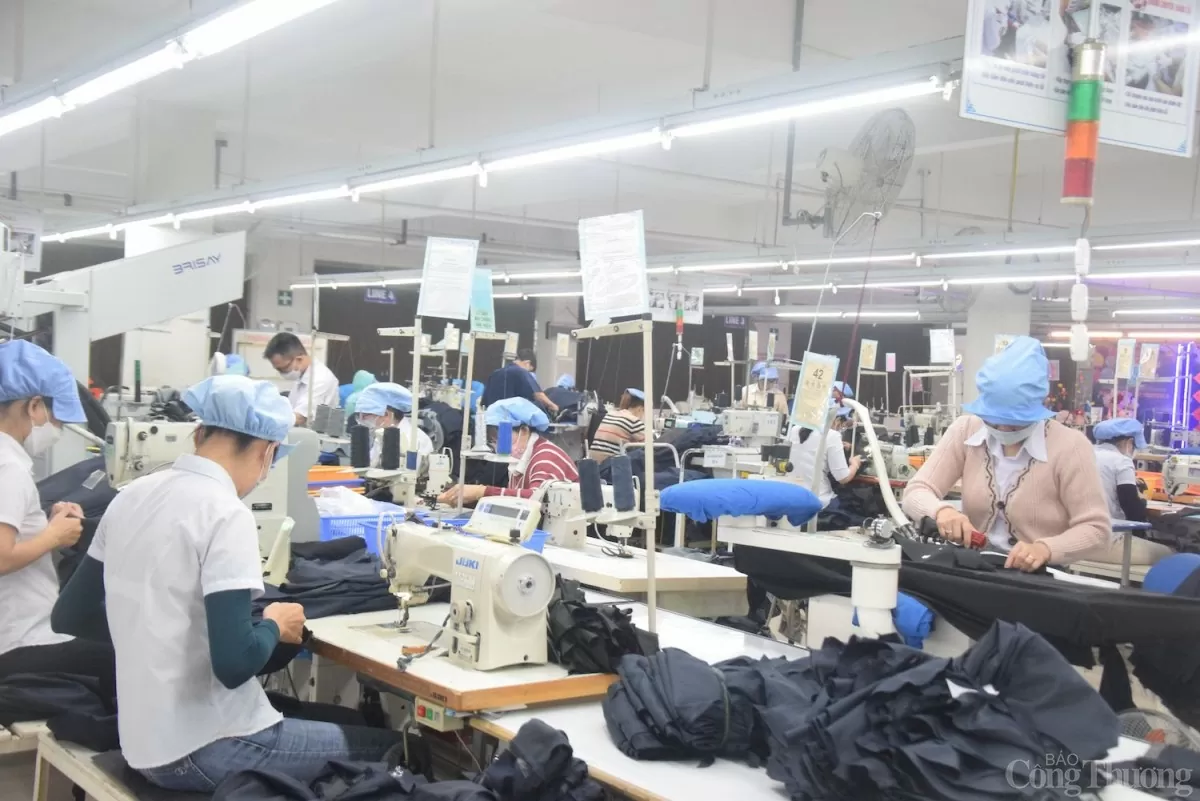 |
| To protect the achievements of international economic integration, Vietnam's international economic integration process needs to be more inclusive. |
Firstly, as a small country, Vietnam needs to persevere in multilateralism. But in this process, we must be careful not to make the above mistakes. “We hope that the National Assembly will have solutions to make Vietnam’s economic integration process more inclusive, which can be roughly described as “leaving no one behind”. Vietnam already has this policy, but we must go further, and turn those policies into concrete ones,” former Deputy Minister Tran Quoc Khanh recommended.
Second, currently, with a high degree of economic openness, Vietnam's import-export turnover can reach 800 billion USD, which is nearly double Vietnam's GDP. To counter the risk of the reverse wave of globalization, it is necessary to rapidly increase domestic demand to reduce external dependence (along with increasing import-export).
Third, regarding public investment, in recent times, Vietnam has been on the right track, but more than that, it needs to have a more "development-oriented" fiscal policy, and a more "domestic-oriented" fiscal policy.
Next, it is necessary to have appropriate behavior towards "insincere" partners.
Fifth, stemming from the two-sided nature of globalization, we need to be very cautious with the new trend of green transformation. “Green transformation has a very good purpose. But it is possible that some partners will exploit and abuse it to create barriers for Vietnamese goods,” former Deputy Minister Tran Quoc Khanh recommended.
And finally, it is necessary to strictly adhere to the criteria for selecting partners in negotiating new free trade agreements.
“The globalization process is going through many fluctuations, sometimes even going backwards. But in the end, I see globalization still moving forward because this is an objective process when production is increasingly developing. Vietnam is in a very good position to benefit from globalization, however, the international economic integration process should pay attention to some of the above policy implications to not only benefit from globalization but also sustainably protect the achievements of the international economic integration process,” said former Deputy Minister Tran Quoc Khanh, former Head of the Government's negotiation delegation on international economics and trade.


![[Photo] Moment of love: Myanmar people are moved to thank Vietnamese soldiers](https://vstatic.vietnam.vn/vietnam/resource/IMAGE/2025/4/3/9b2e07196eb14aa5aacb1bc9e067ae6f)

![[Photo] Special relics at the Vietnam Military History Museum associated with the heroic April 30th](https://vstatic.vietnam.vn/vietnam/resource/IMAGE/2025/4/3/a49d65b17b804e398de42bc2caba8368)


![[Photo] General Secretary To Lam receives Japanese Ambassador to Vietnam Ito Naoki](https://vstatic.vietnam.vn/vietnam/resource/IMAGE/2025/4/3/3a5d233bc09d4928ac9bfed97674be98)
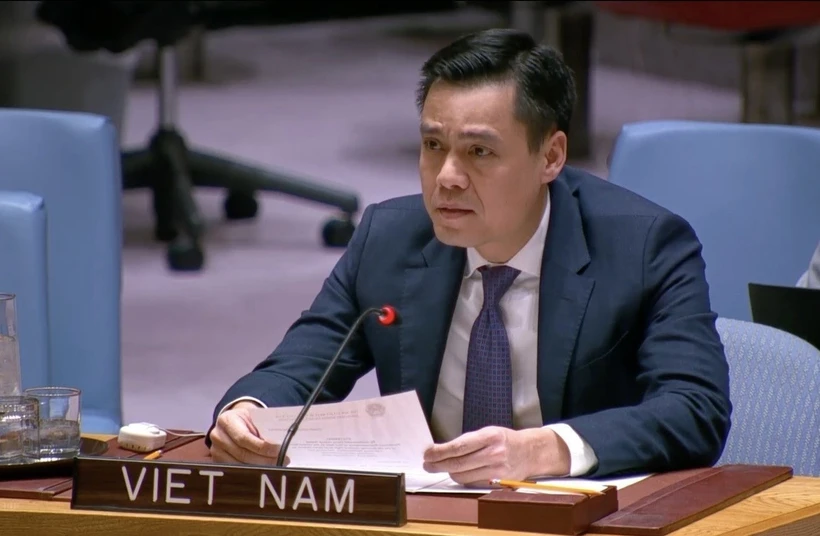

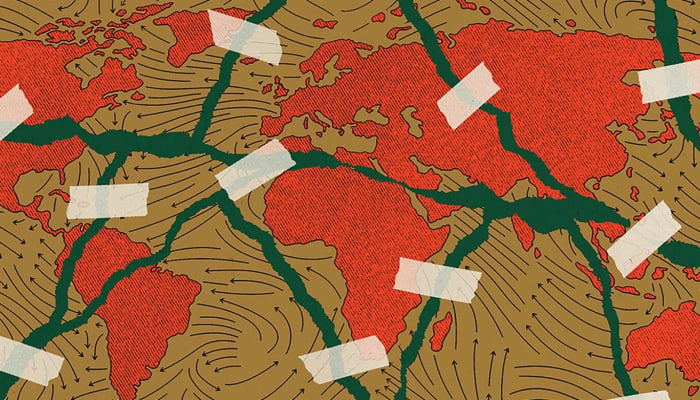

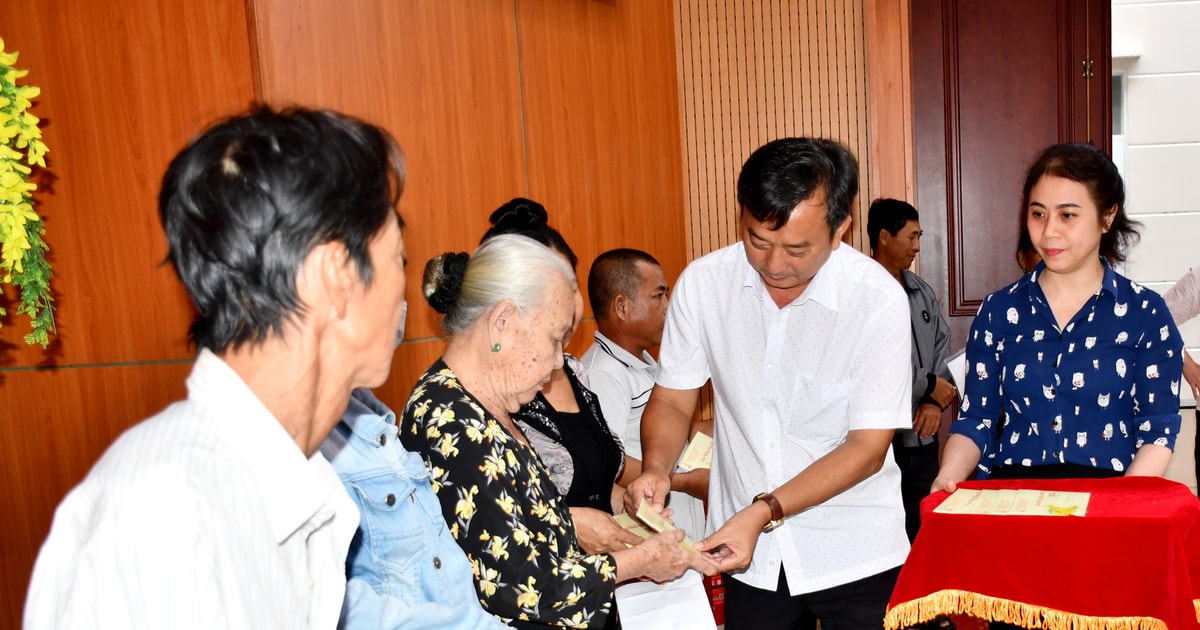

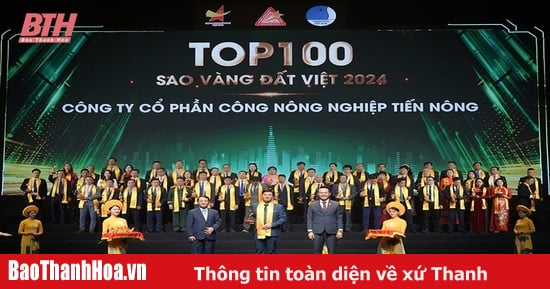
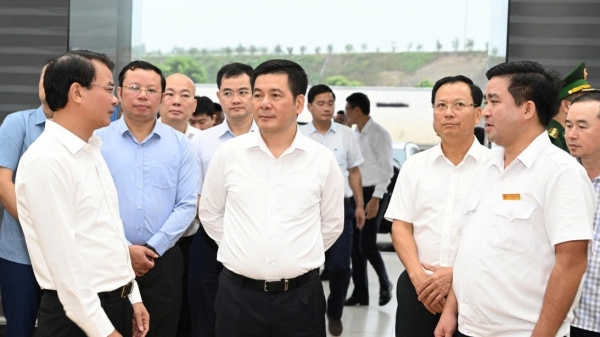

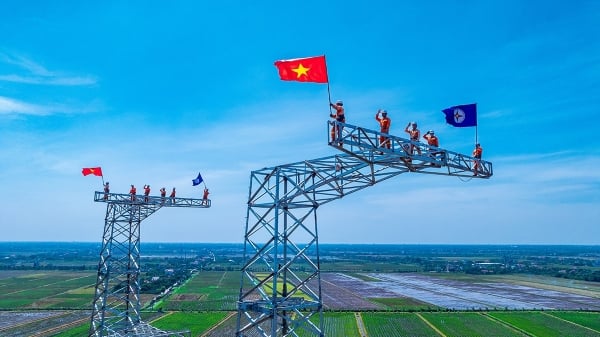
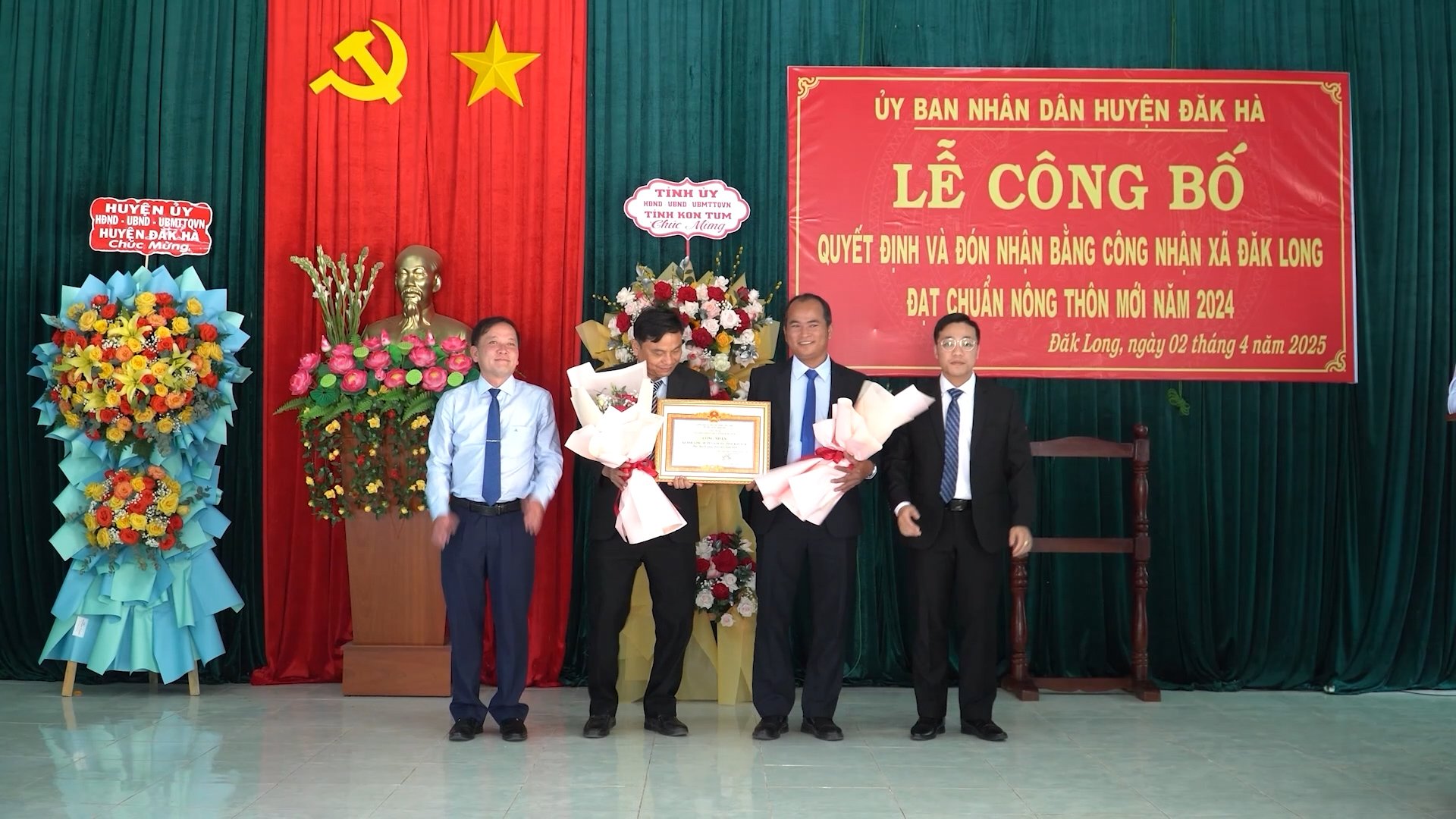

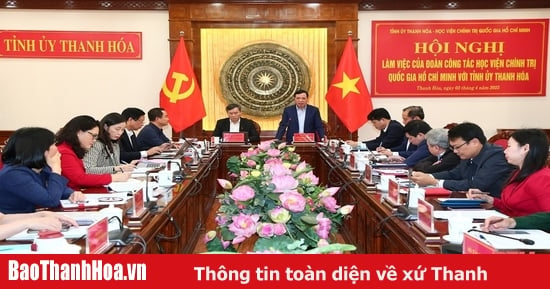

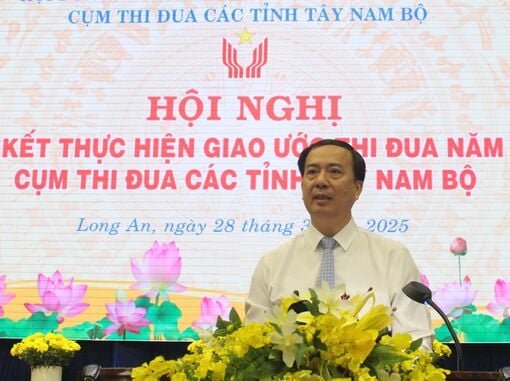
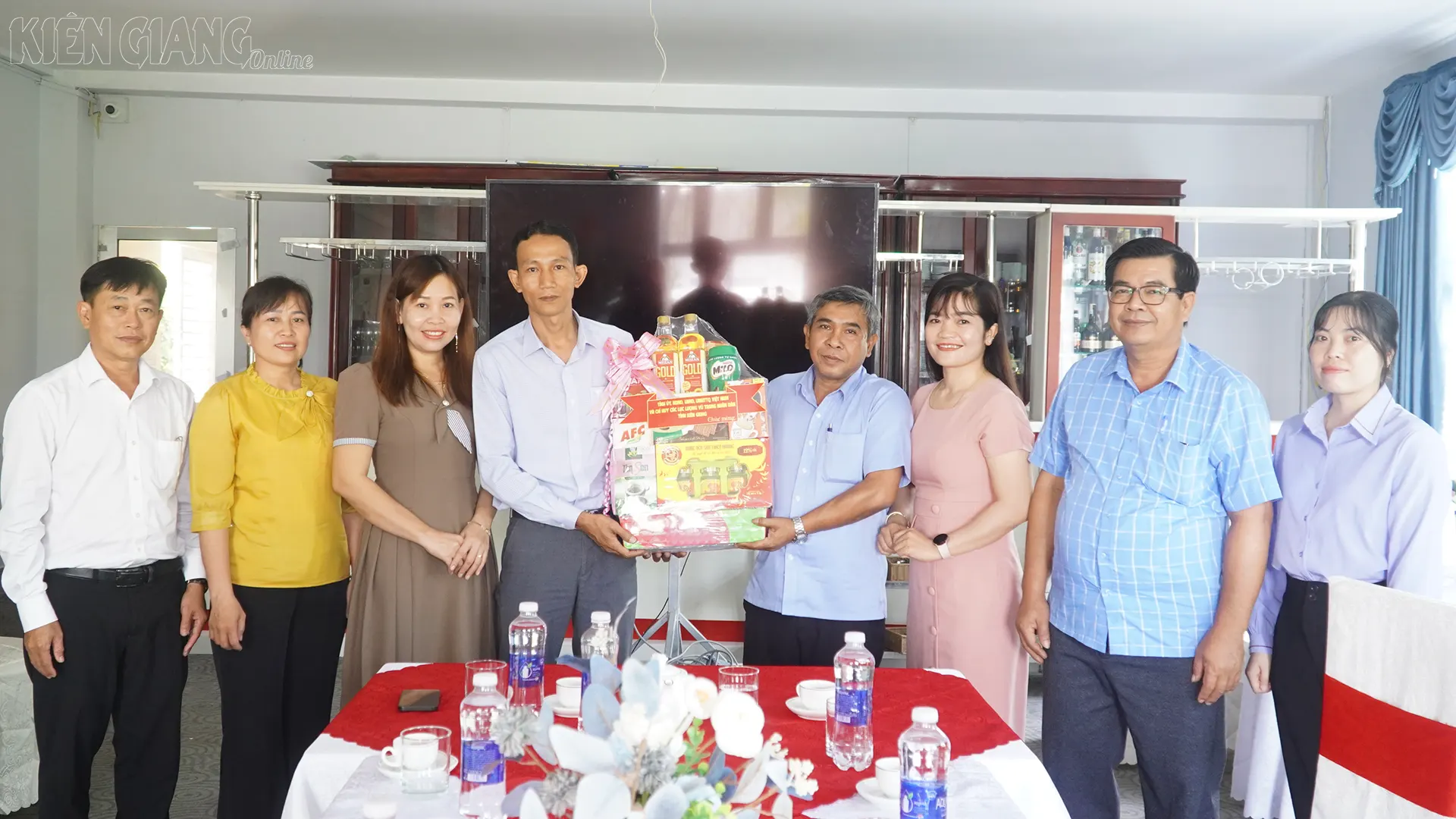




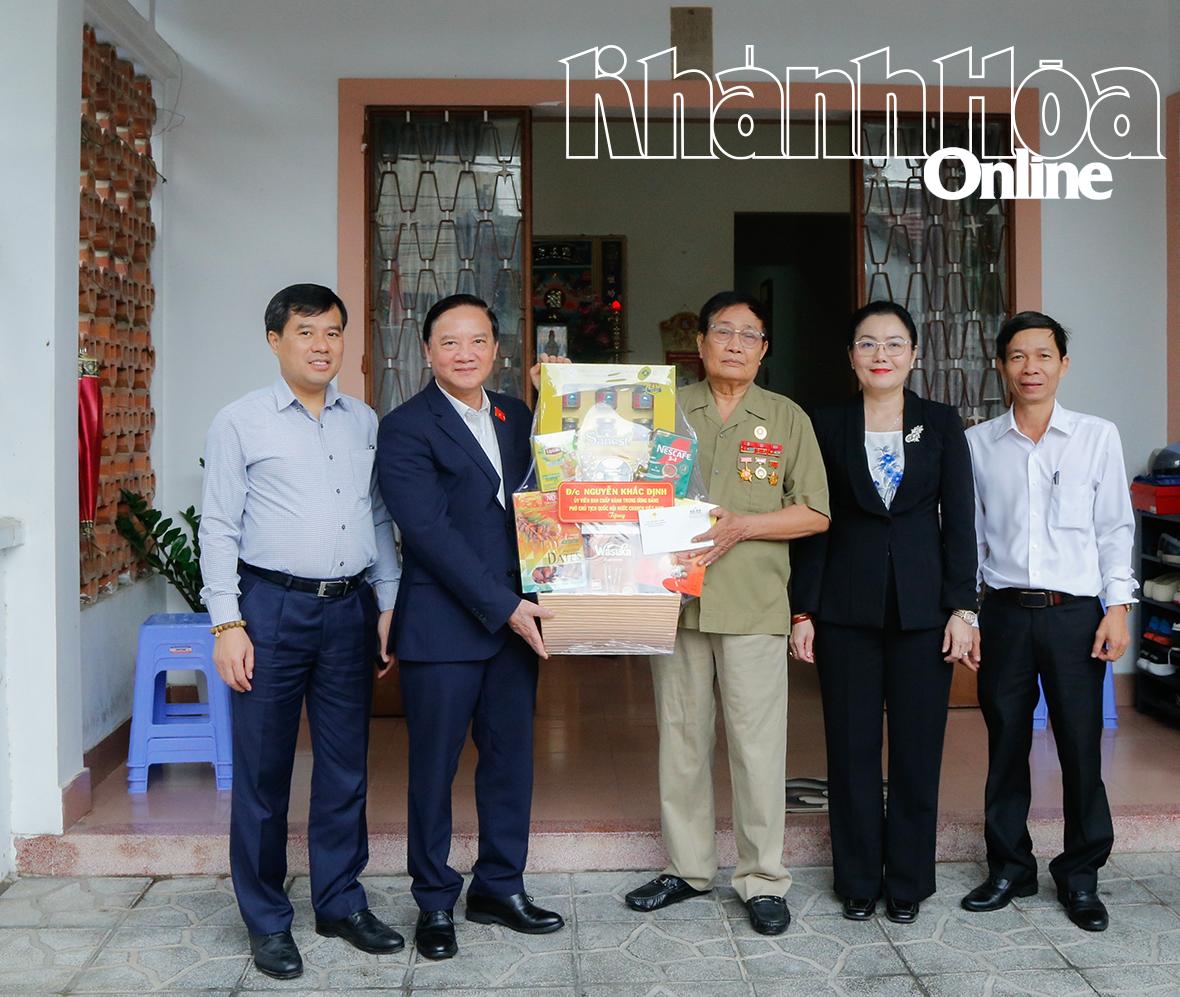
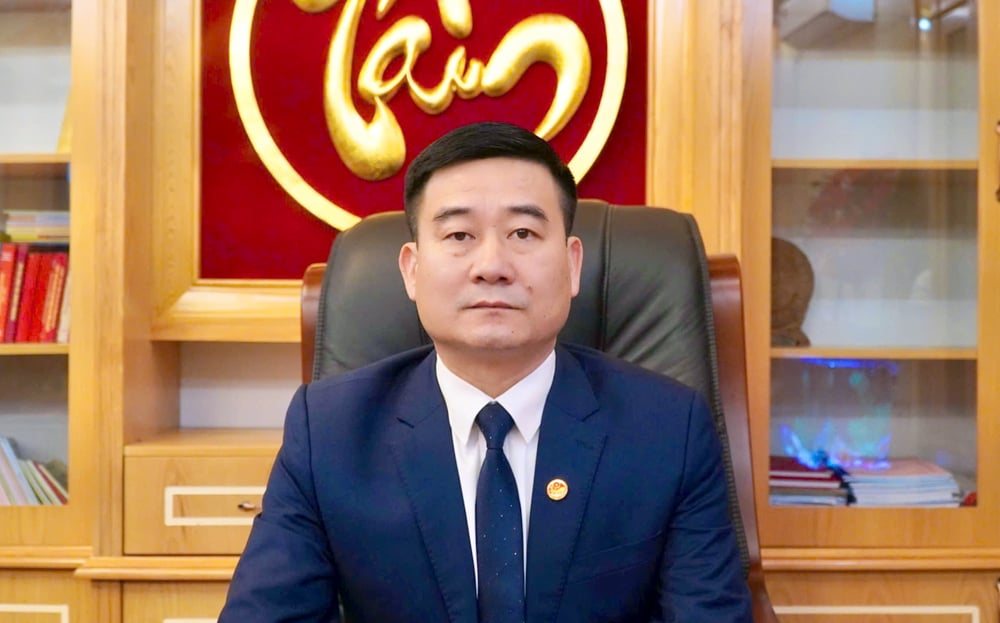
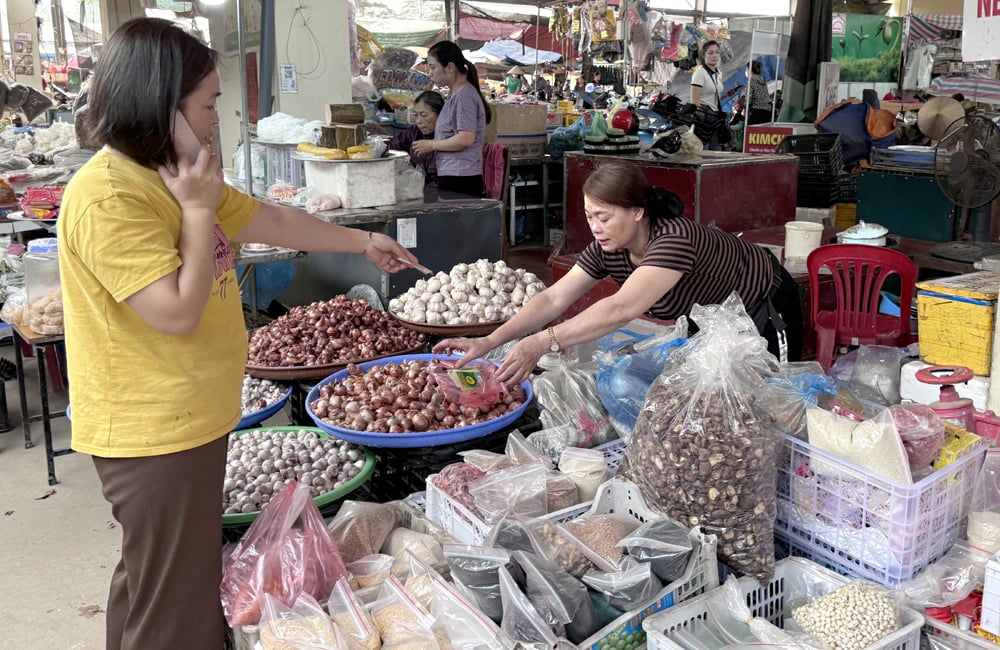
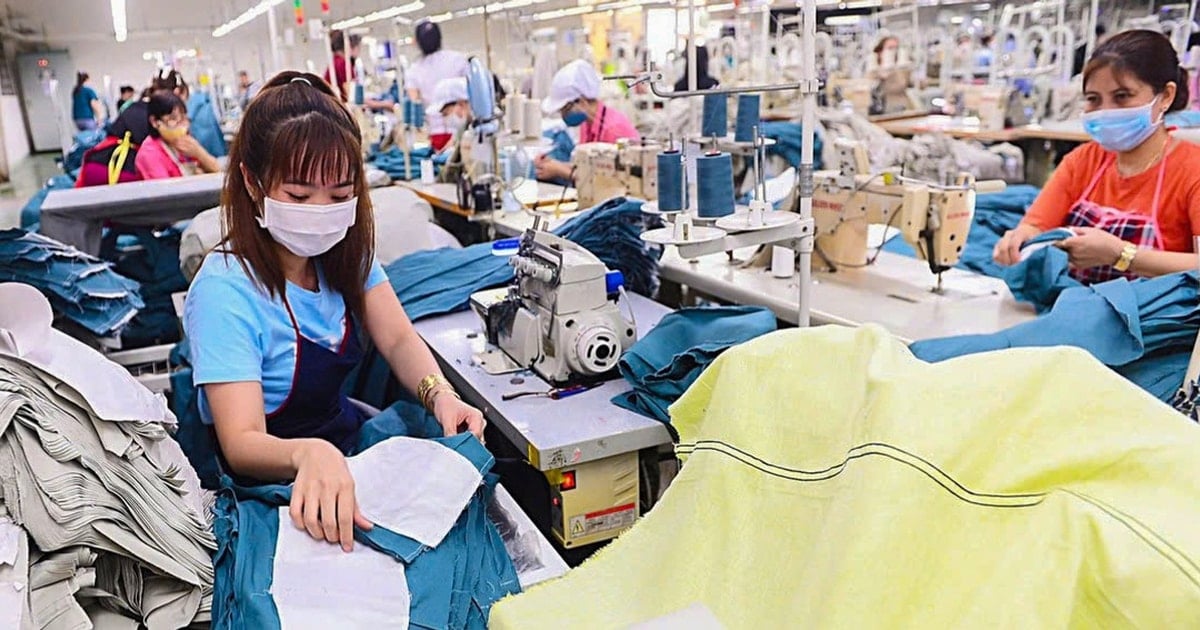
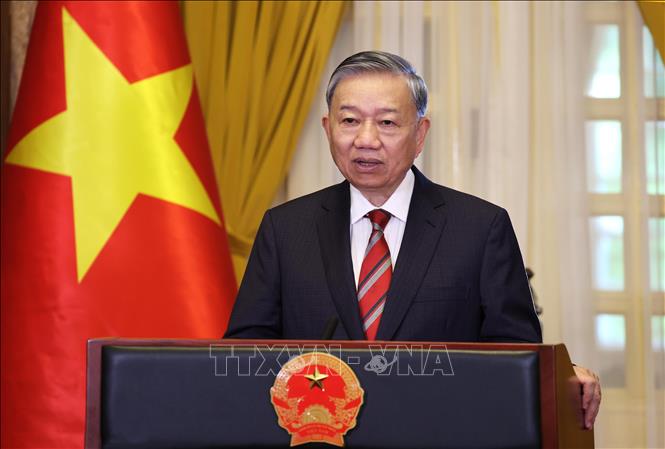
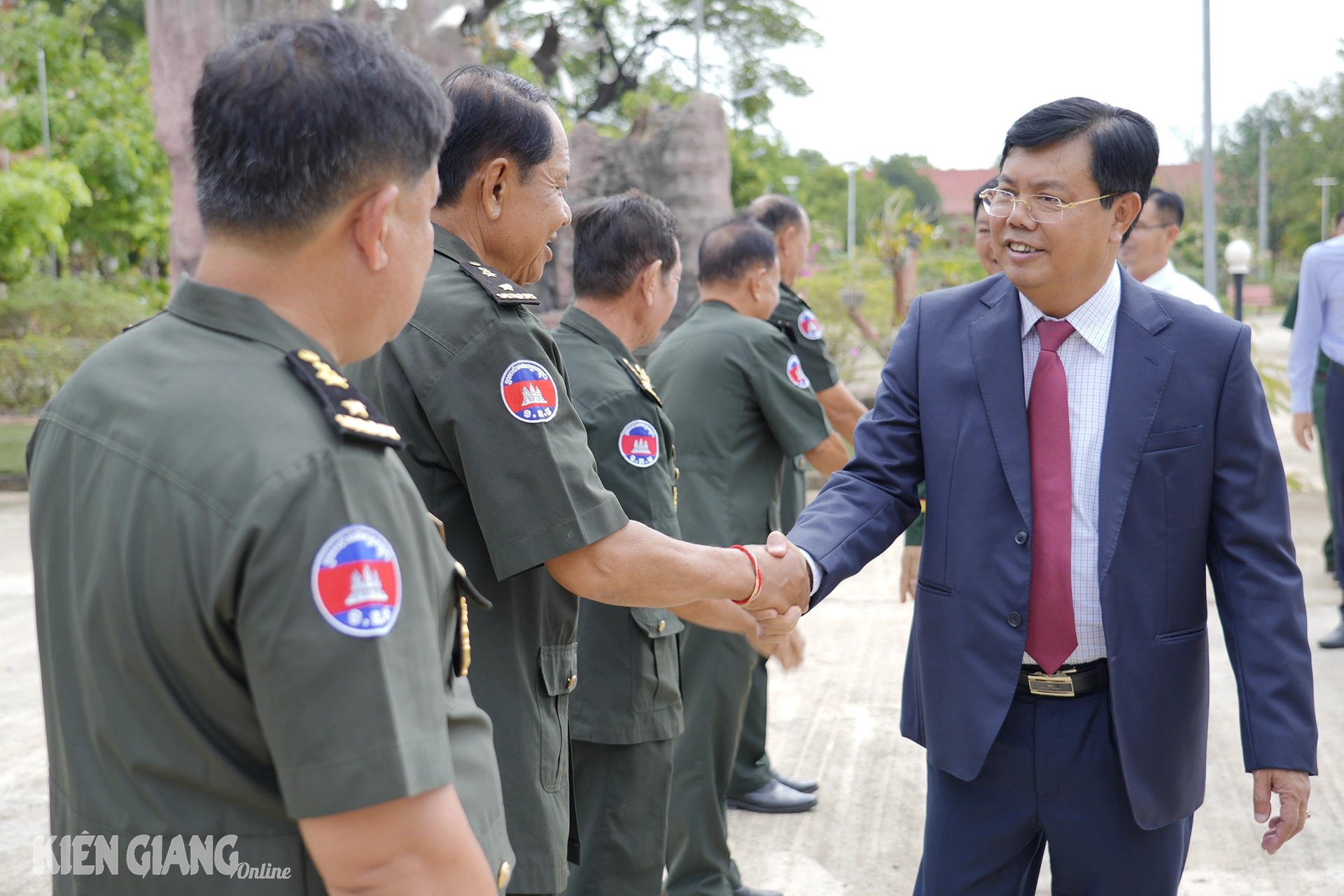











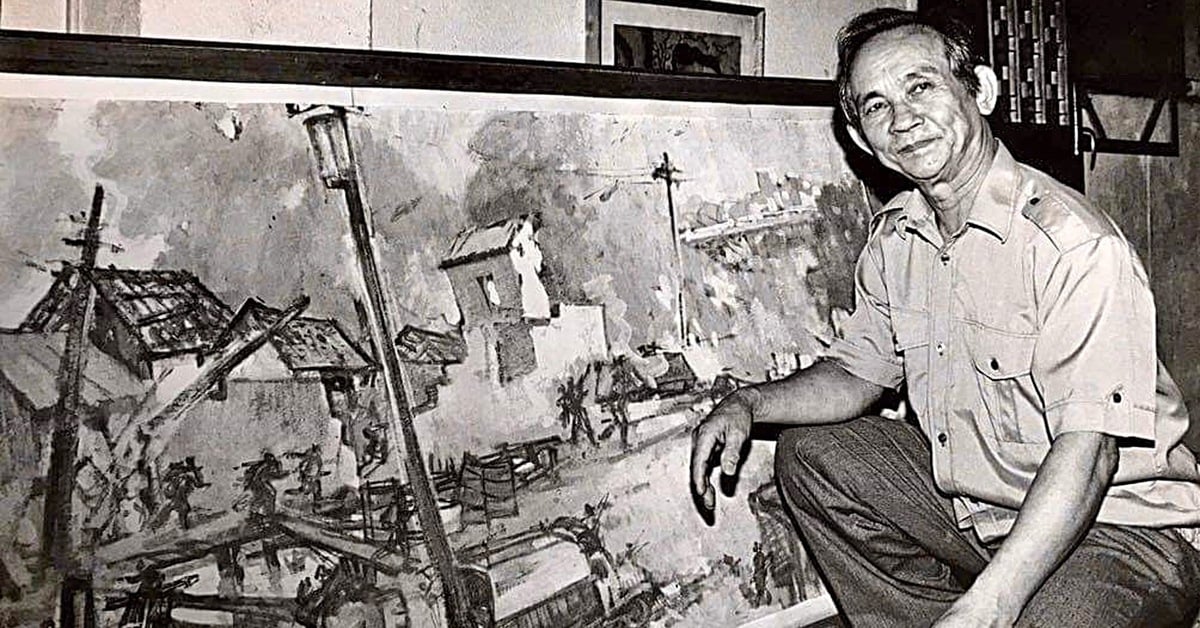

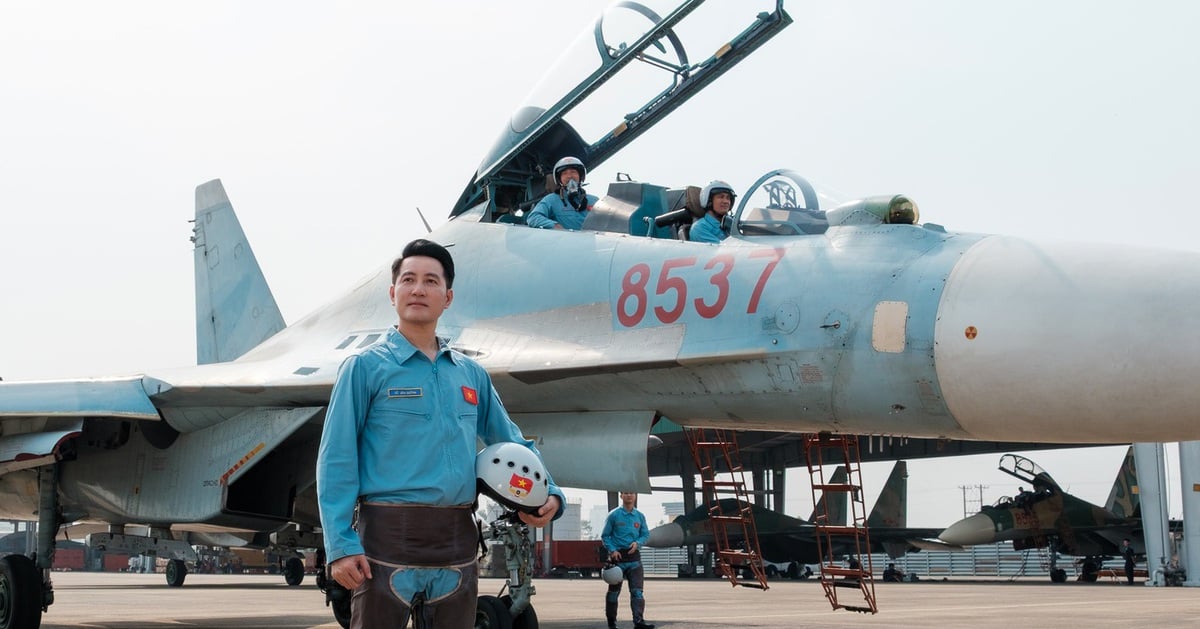
















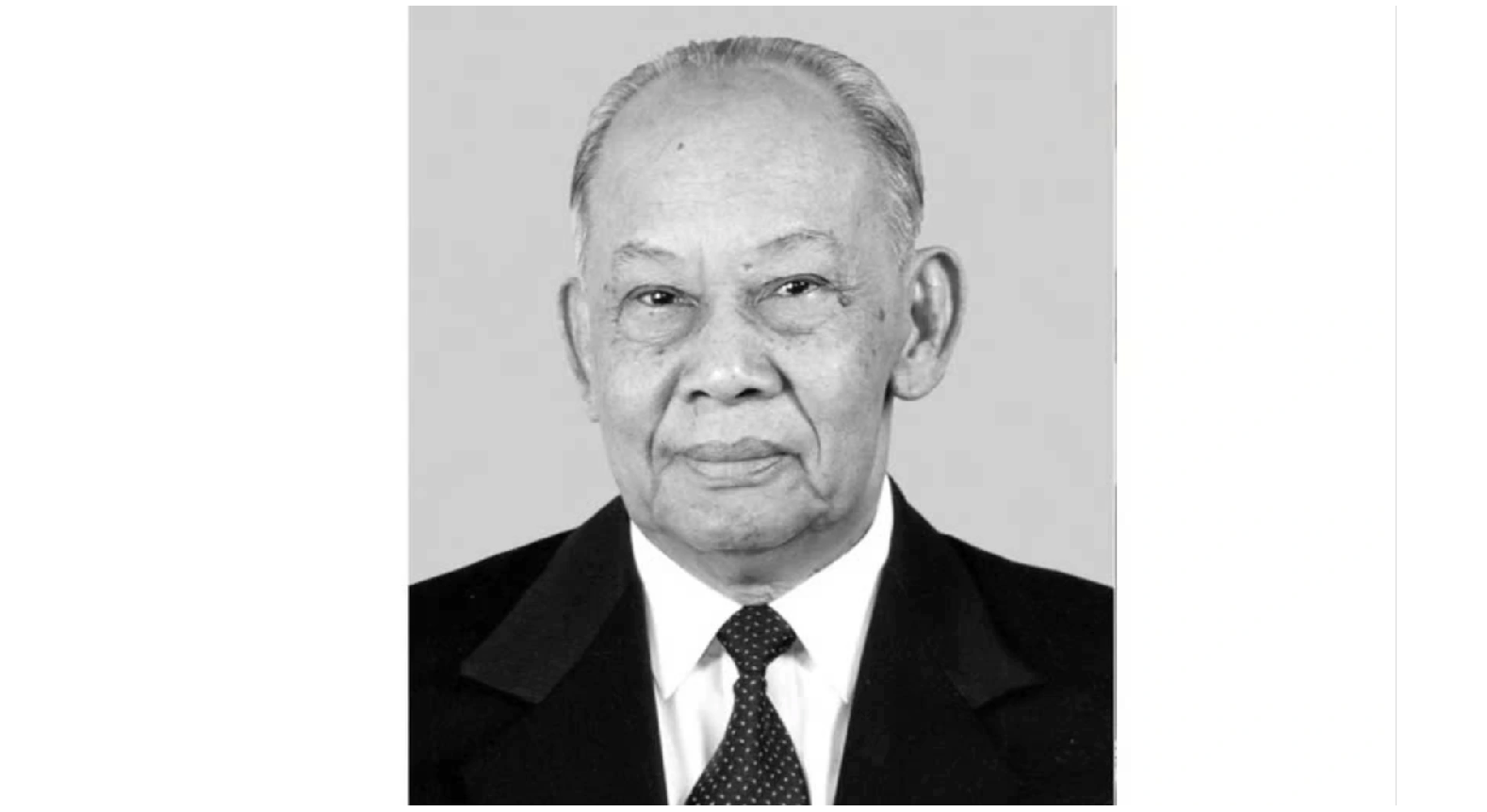
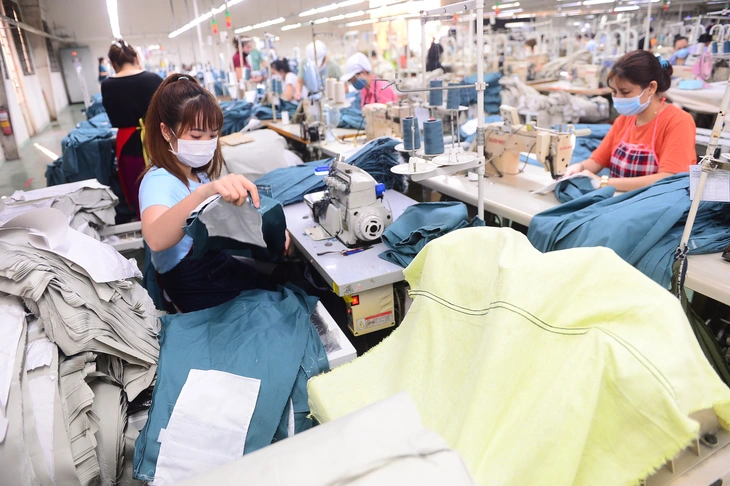
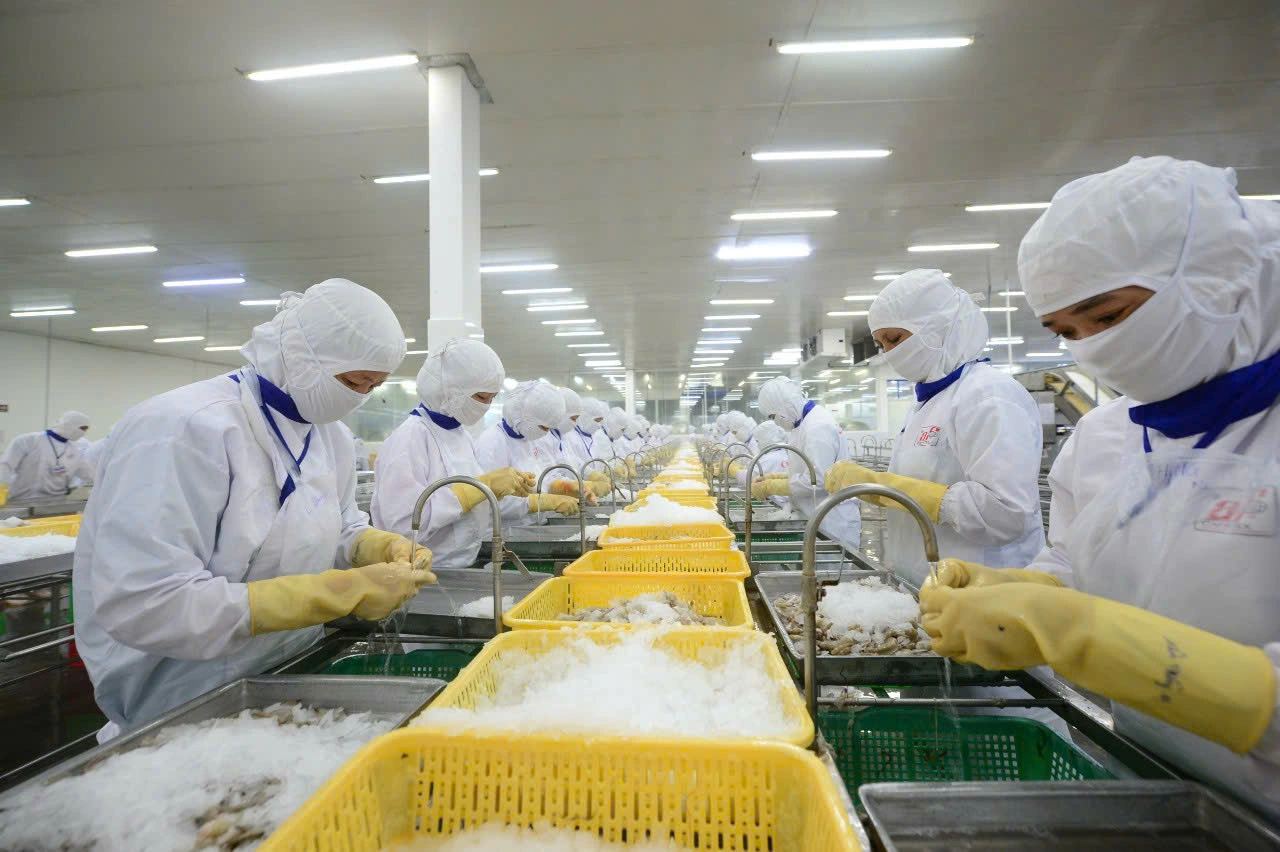




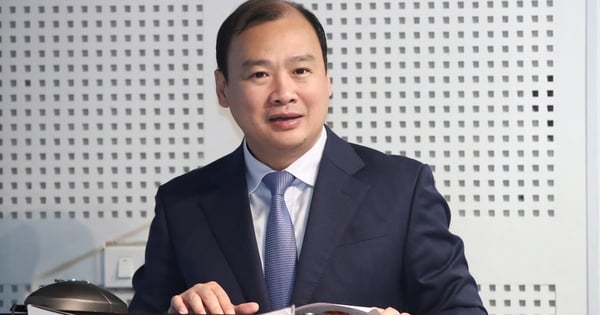

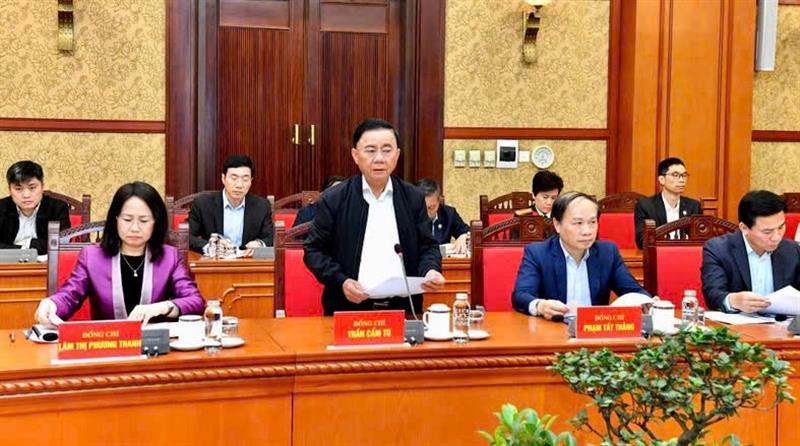



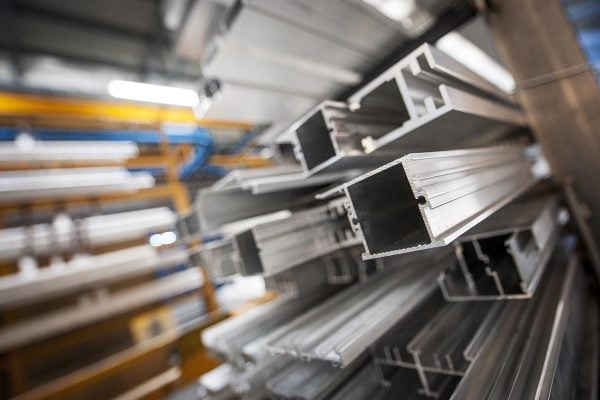
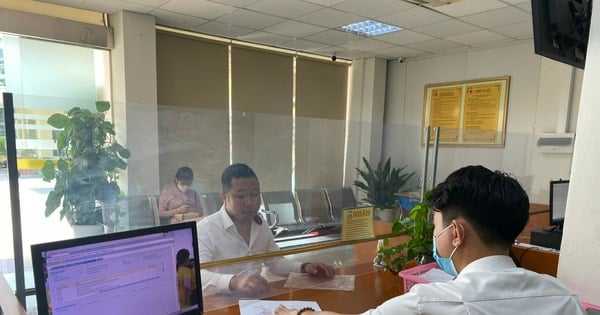

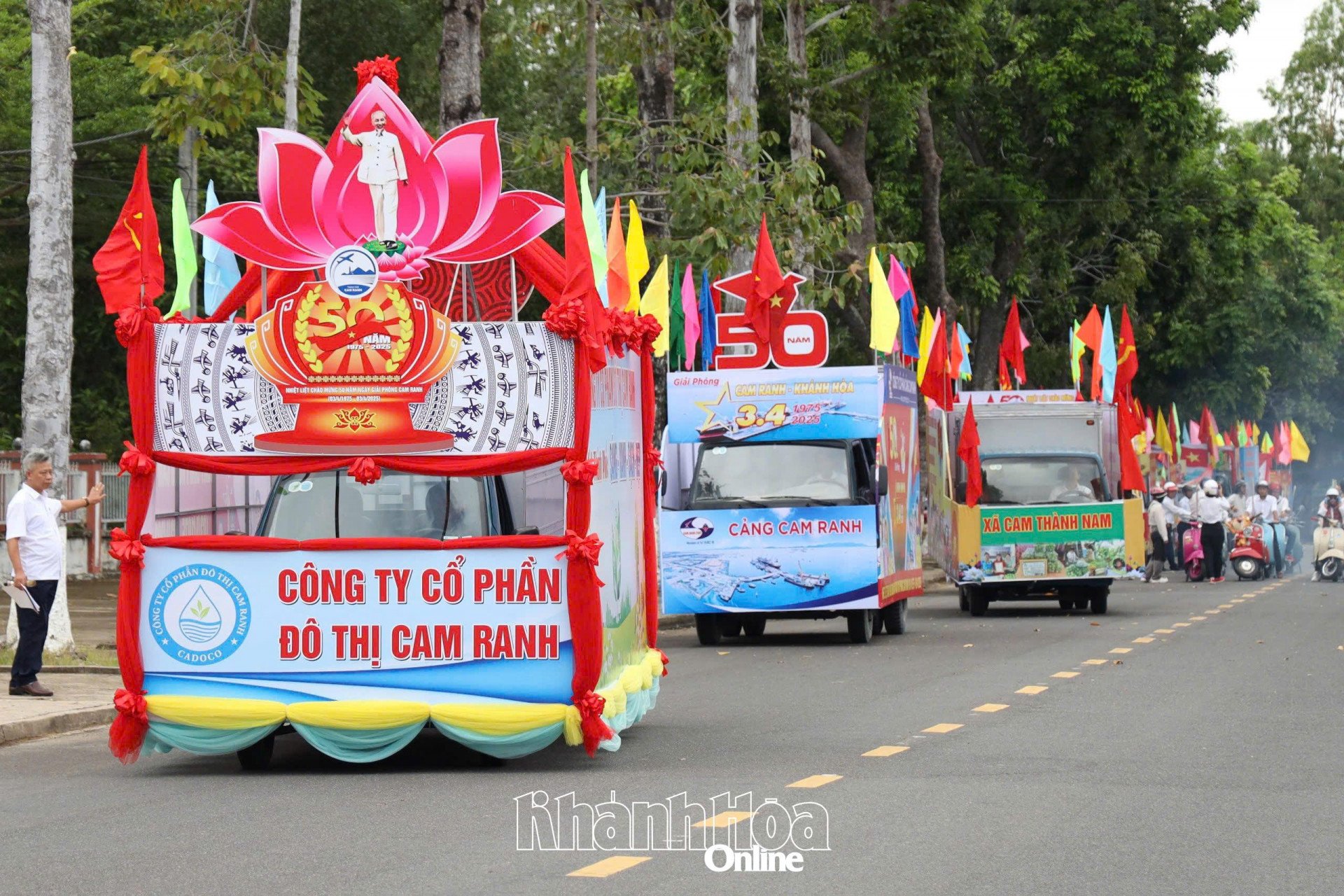
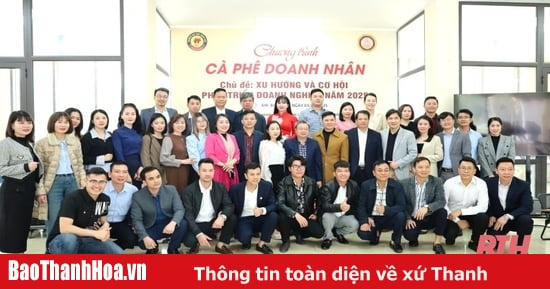














Comment (0)